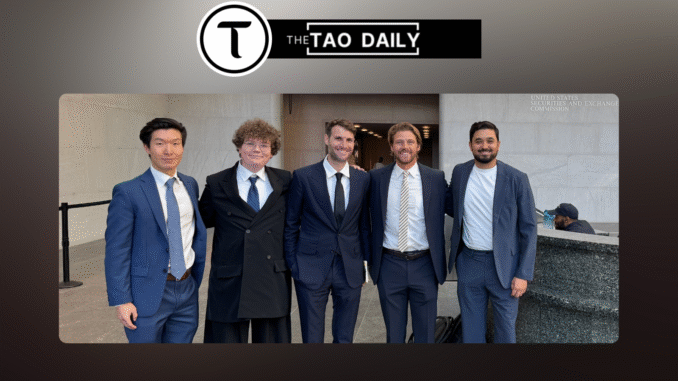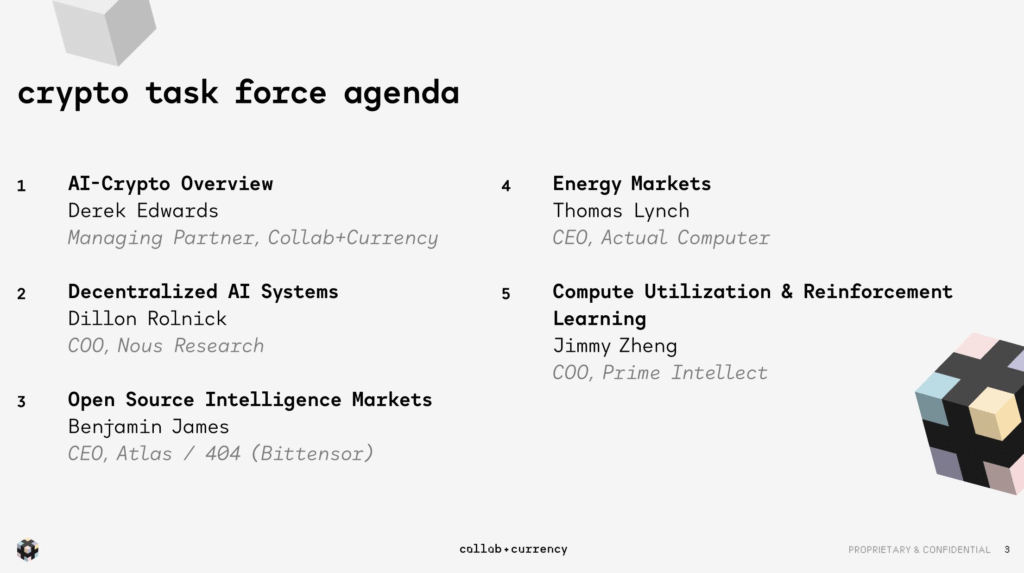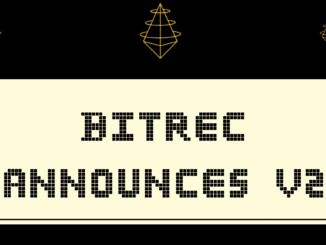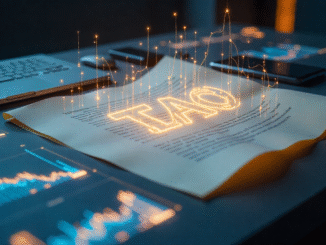
Bittensor’s Subnet 17, 404-GEN, joined the U.S. Securities and Exchange Commission’s (SEC) Crypto Task Force for a closed-door meeting focused on decentralized computation and blockchain-based intelligence systems. The session marked one of the first times a Bittensor subnet participated in a U.S. regulatory discussion, signaling growing recognition of the protocol’s role in shaping the future of decentralized infrastructure.
The meeting, hosted with support from Collab+Currency, featured four U.S.-based projects — Nous Research, Prime Intellect, 404—GEN, and Actual Computer — each contributing to discussions on the convergence of crypto, compute, and data markets.

Representing Bittensor, 404—GEN highlighted its model for open, verifiable 3D content generation, where contributors are rewarded in $TAO for producing and validating large-scale synthetic datasets. Built on Bittensor’s incentive framework, 404—GEN can generate up to 100,000 3D models every eight hours, forming one of the largest decentralized 3D asset libraries in existence.
Discussions at the SEC meeting centered on topics including distributed compute markets, reinforcement learning techniques, and the potential use of America’s idle computing capacity. Collab+Currency Managing Partner Derek Edws, who led the delegation, presented a long-term vision of “state-of-the-art systems with transparent ownership distributed among citizens through blockchain networks.”
The SEC’s Chief Counsel Mike Selig and his team showed strong interest in understanding how decentralized compute networks like Bittensor operate outside traditional securities frameworks. According to participants, the tone of the meeting was constructive, with regulators expressing openness to further engagement as the sector evolves.
For Bittensor, this development reinforces its positioning as a neutral infrastructure layer for distributed machine learning and computational intelligence. The protocol’s token, $TAO, powers around 128 specialized subnets, spanning text processing, image generation, and 3D modeling.
404—GEN’s recent collaboration with Unity to release a text-to-3D plug-in underscores how subnets are bridging decentralized infrastructure with mainstream developer ecosystems.
As policymakers explore frameworks for emerging technologies, Bittensor’s presence at this SEC roundtable signals a key milestone: decentralized computation is entering regulatory conversations at the highest level, with Bittensor positioned as one of the leading voices driving that dialogue forward.




Be the first to comment